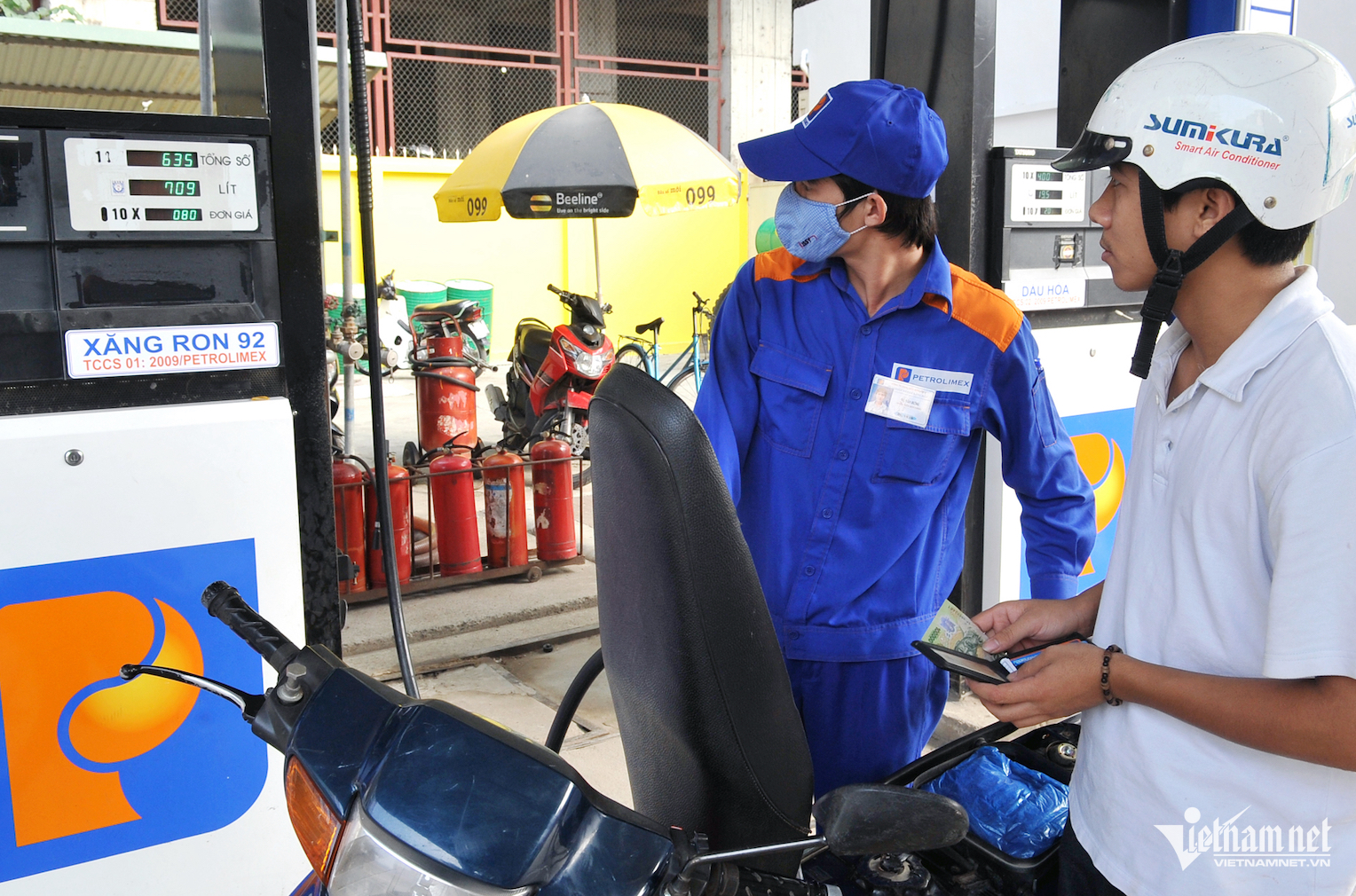
VCCI has sent a document offering suggestions to the draft decree on petroleum trade management compiled by the Ministry of Industry and Trade (MOIT), mentioning the proposed regulations on petroleum pricing, business conditions and petroleum storage.
MOIT believes that allowing distributors to buy/sell petroleum products with each other will lead to roundabout trading, which means that the purchase/sale goes through many intermediaries, which pushes retail prices up artificially. Therefore, roundabout trading must be banned.
However, VCCI has refuted the viewpoint. It argued that if the draft regulation comes true, it will be against market rules, under which market members can buy and sell products with partners they want to optimize their business.
Involved parties in the petroleum wholesale market tend to prioritize to buy products from distributors which offer lower prices. According to VCCI, assuming that there is a supply source with low prices and the final retail prices climb sky high after they go through many intermediaries, buyers will seek the original supplier in order to buy products at lower prices.
Under market rules, businesspeople who sell products at high prices will be eliminated from the market.
Previously, Decree 83/2014 and Decree 95/2021 set up the 1:1 distribution model, which meant that all retailers must depend on distributors. In this case, if distributors raised selling prices, retailers would still have to buy products from the distributors and cannot cooperate with other distributors.
However, Decree 80/2023, which replaced the two decrees above mentioned, stipulates that retailers are allowed to buy products from many different sources. The new regulation leads to higher competition in the market and allows retailers to choose suppliers to optimize their profits.
Those who advocate MOIT’s viewpoint think that if allowing distributors to buy/sell petroleum products with each other may lead to inaccurate figures about petroleum reserves, thus affecting macro management.
Meanwhile, VCCI argued that the duty of reserving products for circulation is not applied to distributors. Therefore, the agency asked the compilation agency to amend the tentative regulation, allowing distributors to buy/sell products with each other.
Bui Ngoc Bao, chair of the Vietnam Petroleum Association, said that distributors play an important role in goods circulation and must not be the intermediaries that push petroleum prices up.
According to Bao, it is wrong to think that all distributors are smaller than major supply companies. In reality, there are distributors bigger than major supply companies. Therefore, it would be better not to put restrictions on the types of distributors.
“In a competitive market, distributors must have the right to decide where to sell and where to buy,” Bao said.
Bao also showed his disagreement with the draft decree which says distributors can only buy petroleum products from major supply companies. He stressed that supply companies don’t always have enough products to provide and the product prices are not always reasonable at different times and localities.
Bao suggested that distributors should be allowed to buy/sell products with each other at certain levels. For example, one distributor must buy 50-70 percent of total petroleum products from its major supply company, while the remaining 30 percent can be bought/sold among each other. This is a kind of market harmonization.
In case of abnormal happenings in the market, petroleum products can be transferred from the businesspeople distributing products in high quantities to those distributing less products. Therefore, the proposal that they cannot buy products among each other should be thoroughly considered.
VCCI has suggested two options for petroleum product pricing mechanisms
Option 1: allowing enterprises to determine selling prices (no ceiling price is set by state management agency), provided that they can satisfy the requirements on publicizing prices for consumers’ choice. For example, they need to quote prices at easily visible places, or they need to declare price levels at an information portal and consumers can compare the prices offered by different businesspeople.
State management agencies need to keep a close watch over the market performance to discover violations of the Competition Law
Option 2: removing the required procedures on price declarations, or exempting enterprises from following the procedures if enterprises sell products at prices equal to ceiling prices stipulated in Article 34 of the new decree.
Luong Bang